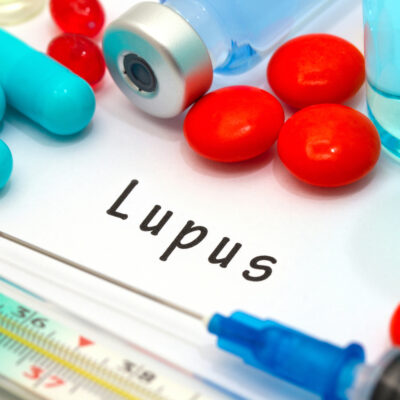
Health
6 Common Lupus Signs
Lupus is a long-term autoimmune disease that arises when the body’s immune system overreacts and attacks healthy cells and organs. The most common type of lupus is SLE (or systemic lupus erythematosus). One of the main risk factors that have been linked to lupus is race and gender. In fact, studies show that lupus affects 1 in 537 young African American women. Other important risk factors include exposure to certain substances such as industrial chemicals, ionizing radiation and medications, and exposure to infection, including some viruses and bacteria. Read on for six common signs of lupus: 1. Extreme fatigue Extreme fatigue is a common lupus sign. You may have exhaustion symptoms that affect the entire body. Feeling tired, weak or unwell all the time. You may feel like you can’t keep up with your usual activities. You may feel extremely tired after a strenuous activity such as playing a sport or yard work. The fatigue can occur day after day and may continue even after you stop exercising. 2. Swelling around the eyes Swelling can occur in both the upper and lower lids of your eyes. It can also occur in the bridge of your nose and under your eyes, giving you a puffy appearance.
Read More 















